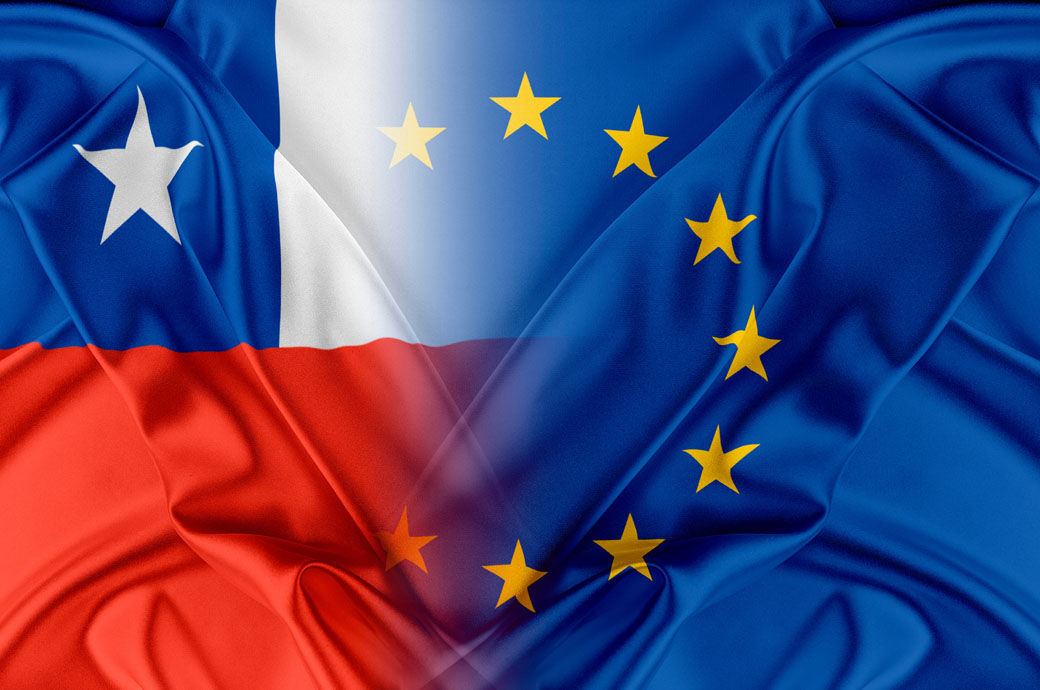EU-Chile Trade Agreement Boosts Business Competitiveness and Green Economy Development
Key Ideas
- The EU-Chile Interim Trade Agreement aims to boost business competitiveness and foster the development of net-zero economies on both sides.
- The agreement will eliminate tariffs on 99.9% of EU exports, ensuring a level playing field for EU goods in the Chilean market.
- It includes provisions for cooperation on global challenges such as de-risking supply chains and combating climate change, with a focus on clean fuel like hydrogen.
- Both parties are committed to International Labour Organisation standards and the Paris agreement on climate change, underlining sustainable development goals.
The recent entry into force of the EU-Chile Interim Trade Agreement (ITA) is set to enhance business competitiveness and promote the transition to net-zero economies in both regions. Signed in December 2023, the agreement is expected to strengthen the EU-Chile partnership by creating opportunities for cooperation on critical areas. The ITA will eliminate tariffs on a significant portion of EU exports and ensure fair competition for EU goods in Chile. Notably, the agreement includes a focus on sustainable development, with provisions for clean energy sources like hydrogen. This paves the way for investments in green technologies and the establishment of sustainable value chains. Additionally, the agreement underscores commitments to international standards, including those set by the International Labour Organisation and the Paris agreement. The EU and Chile's collaborative efforts in modernizing their trade relations demonstrate a shared vision for sustainable growth and development.
Topics
India
Investment
Sustainable Development
Business Competitiveness
Trade Agreement
EU-Chile Relations
Tariff Elimination
Sustainable Access
Sustainable Flow
Latest News
